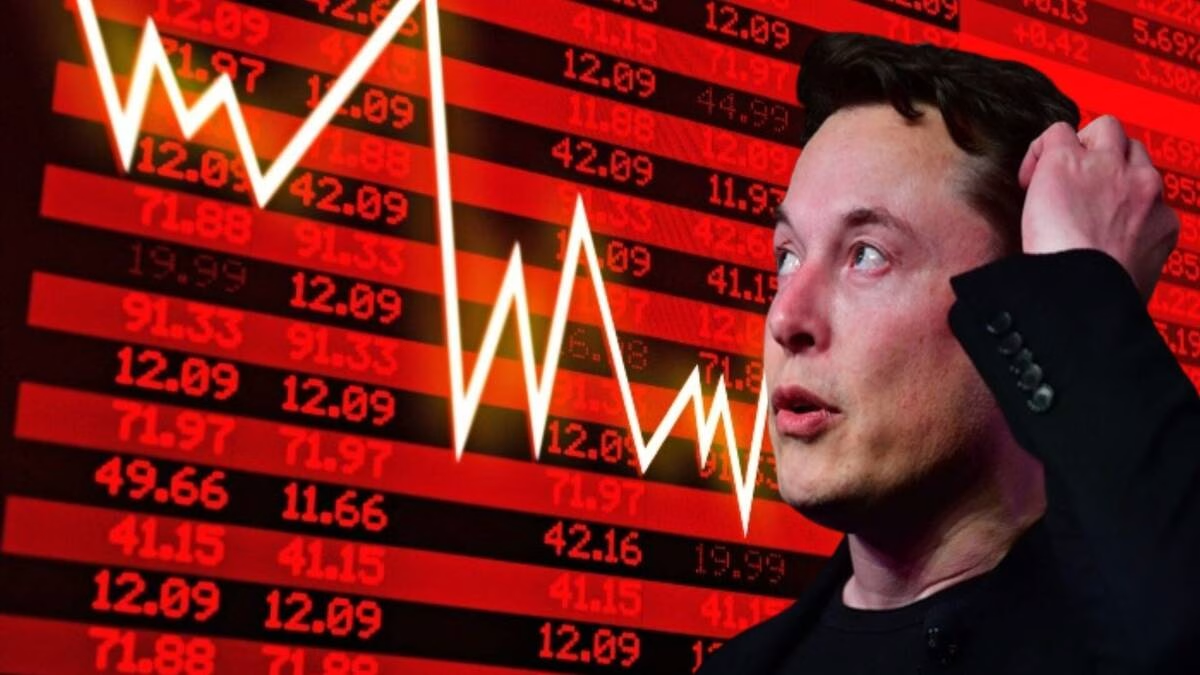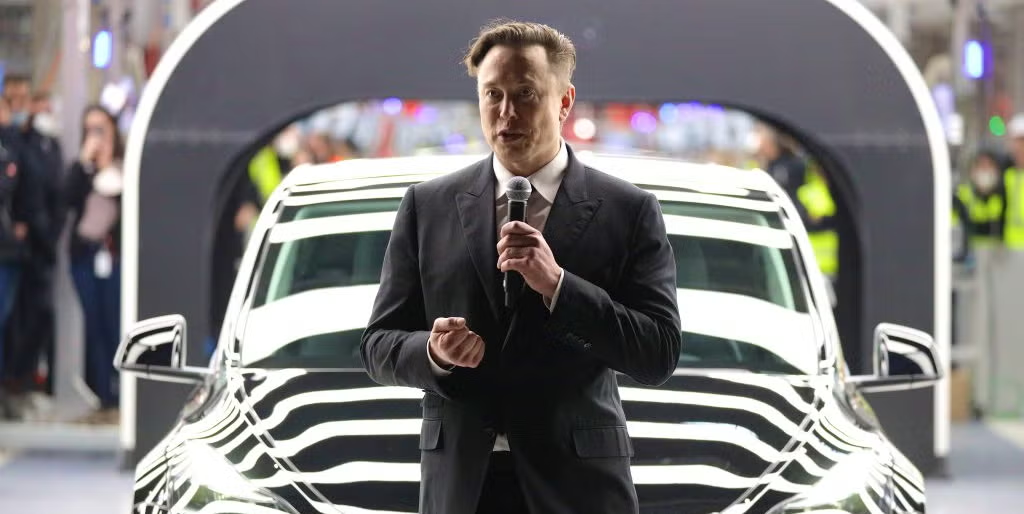By Tony Bruce & Ben Emos | Saturday, January 18, 2025 | 4 min read
The Supreme Court ruled on Friday that a controversial ban on TikTok could take effect this weekend, rejecting an appeal from the app’s owners who argued that the ban violated the First Amendment. The decision, delivered in an unsigned opinion with no noted dissents, marks a pivotal moment in the intersection of technology, free speech, and national security.
This ruling comes on the heels of warnings from the Biden administration that TikTok poses a “grave” national security threat due to its ties to China. The ban is slated to begin on Sunday, but many questions remain about how it will be implemented and enforced. With no precedent for the U.S. government blocking a major social media platform, the logistics of such a move remain murky.
In its opinion, the Supreme Court recognized TikTok’s significant role in the lives of its 170 million American users, describing it as “a distinctive and expansive outlet for expression, means of engagement, and source of community.” However, the court ultimately sided with Congress’ emphasis on national security concerns, which outweighed the platform’s role in facilitating free expression.
The decision highlights the delicate balancing act between safeguarding national interests and protecting free speech in the digital age. It also raises broader questions about how governments worldwide might address similar concerns with other major tech companies. Platforms like X (formerly Twitter), Facebook, and even Starlink could face increased scrutiny, particularly as their connections to influential figures and potential involvement in foreign affairs come under the spotlight.
This ruling may prompt other nations to reconsider their approaches to regulating tech giants, particularly in light of concerns like election interference and the growing concentration of power in the hands of a few influential tech leaders. While the threat of foreign governments, such as China, accessing user data and shaping public opinion through social media is widely acknowledged, there’s increasing scrutiny on the unchecked influence of American billionaires who wield similar powers. These individuals not only manage vast troves of user data but also control platforms that shape public narratives—sometimes in ways that could destabilize governments they oppose.
This concentration of power presents a significant threat to democratic values and has the potential to spark conflicts with far-reaching global consequences. For instance, Elon Musk, through his platform X (formerly Twitter), has been accused of amplifying narratives that align with specific political agendas, including claims of supporting Trump’s purported interest in pressuring Denmark over Greenland. The unchecked spread of misinformation on platforms like X and Facebook only heightens these risks, underscoring the urgent need for stricter accountability in the digital space.
Brazil has already taken a stand on this issue, confronting X last year for failing to appoint a representative within the country. By doing so, the Brazilian government sent a clear message to Musk: platforms cannot operate without accountability while stirring virtual unrest. This approach serves as a powerful example for other nations to follow, demonstrating that governments can demand responsibility and transparency from tech giants operating within their borders.
As the ban’s implementation unfolds, its impact on TikTok users and the broader digital landscape will be closely scrutinized. The ruling underscores the difficult balancing act governments face between protecting national security, encouraging technological innovation, and safeguarding individual freedoms. Whether this decision represents a necessary step to protect national interests or sets a troubling precedent for government overreach remains a subject of intense debate.
Edit: The ban’s trajectory, however, could shift if Trump returns to office. Critics argue that his administration’s history raises questions about policy decisions being driven more by personal motivations than by careful deliberation. The current law grants the president the authority to pause the ban for up to 90 days if TikTok demonstrates progress in separating from its parent company, ByteDance. This provision could allow Trump to delay the ban upon taking office. Reports from The Washington Post and The New York Times suggest he may consider doing so, with speculation pointing to a potential 60- to 90-day pause through an executive order to give ByteDance time to finalize a deal.
There are also concerns that priorities under Trump’s leadership could shift toward benefiting personal or familial interests. Some critics speculate that Trump’s children, such as Donald Trump Jr. or Ivanka Trump, could play roles in dealings with China, potentially leveraging such opportunities for personal gain under the guise of diplomacy. This prospect has fueled broader apprehension about conflicts of interest and the potential for policy decisions to blur the lines between public duty and private advantage.





